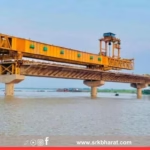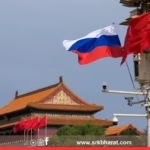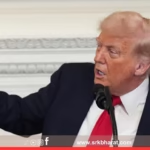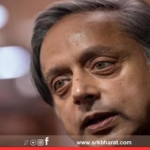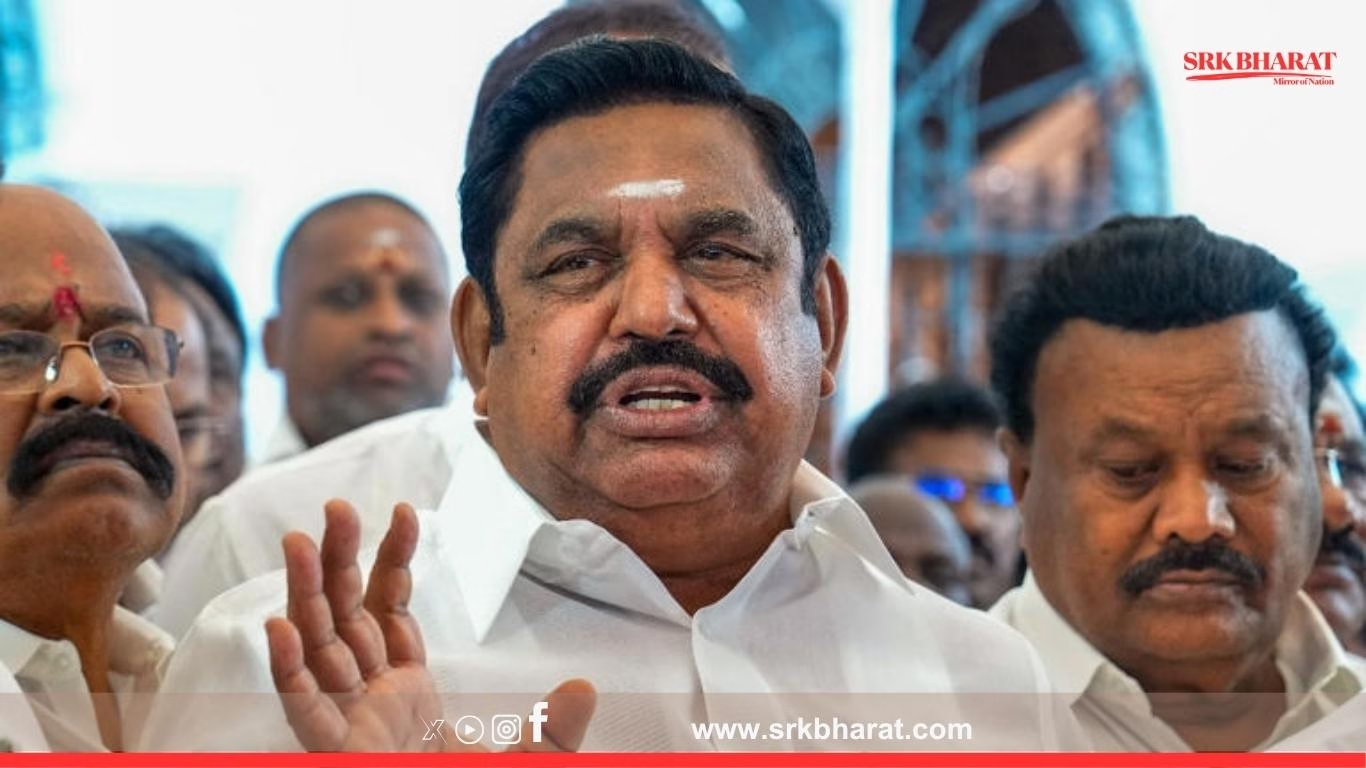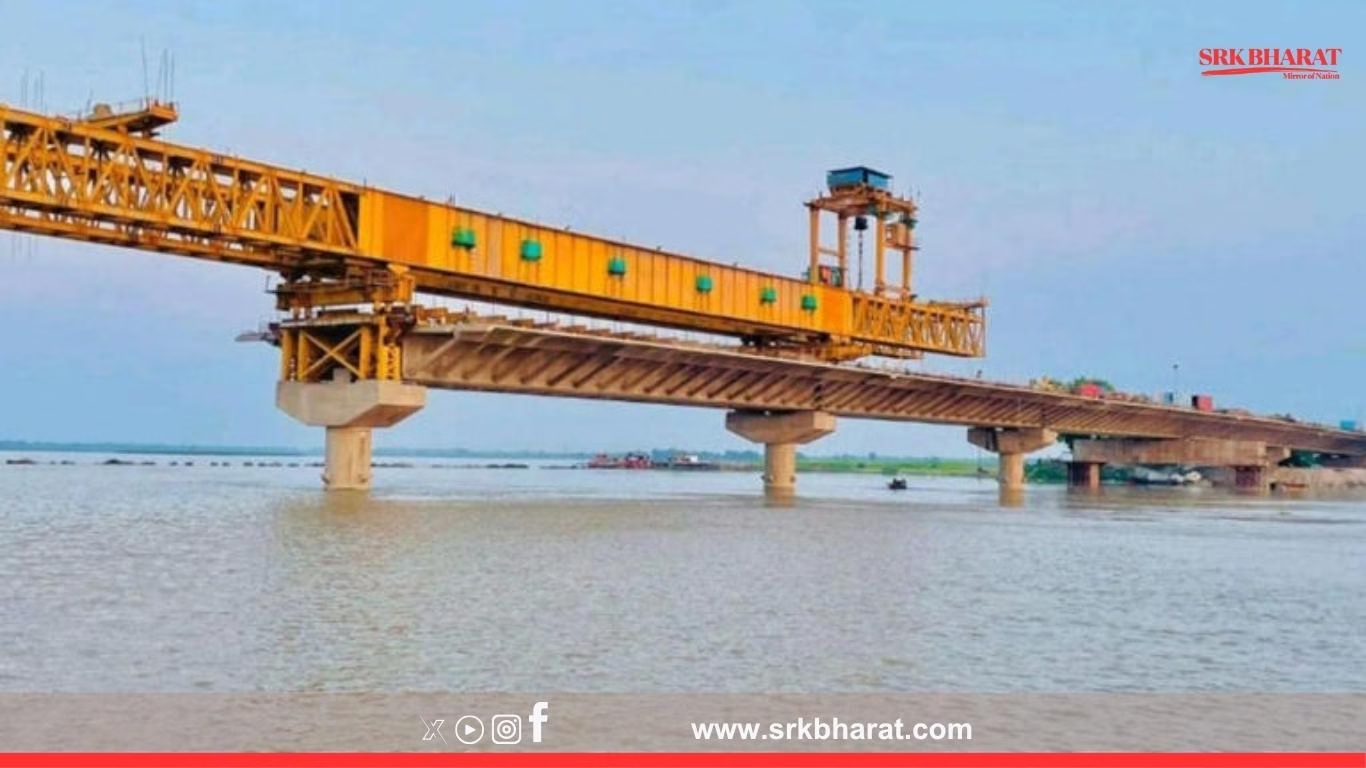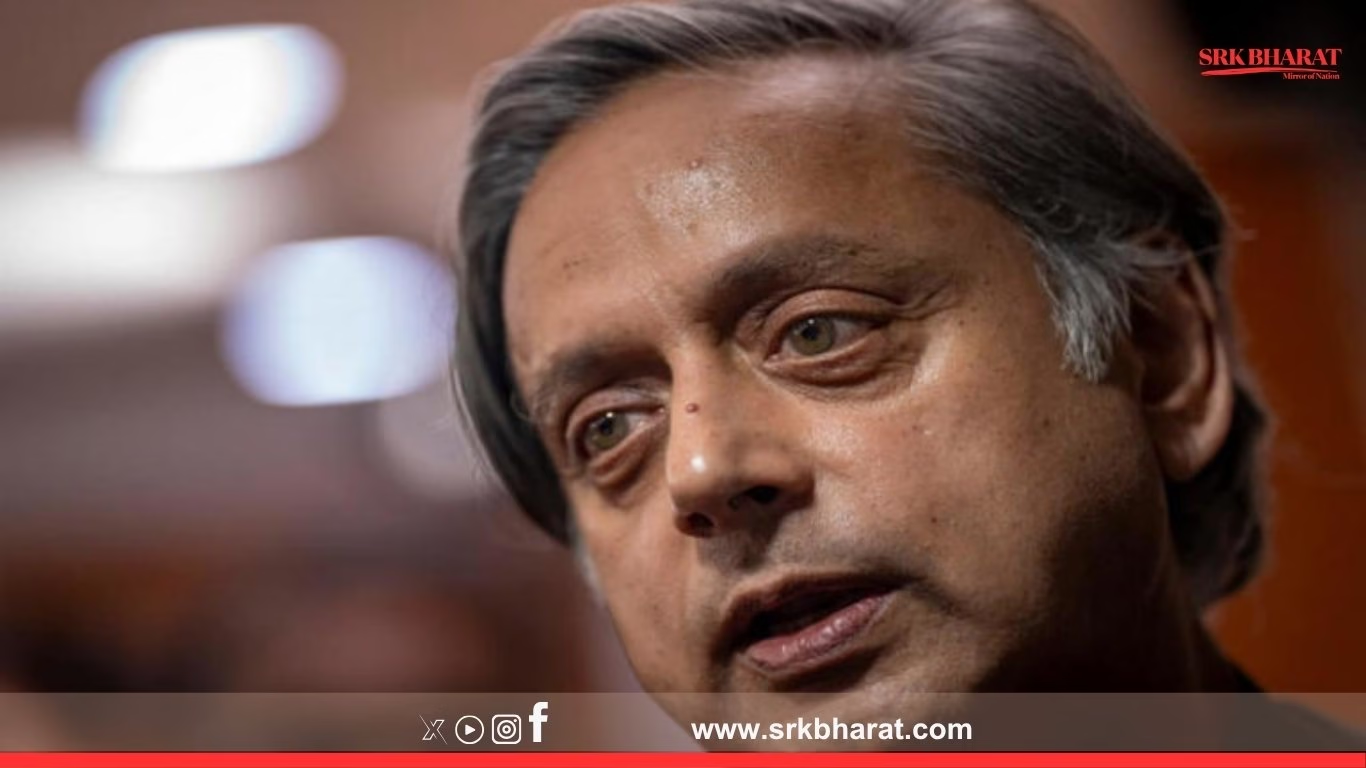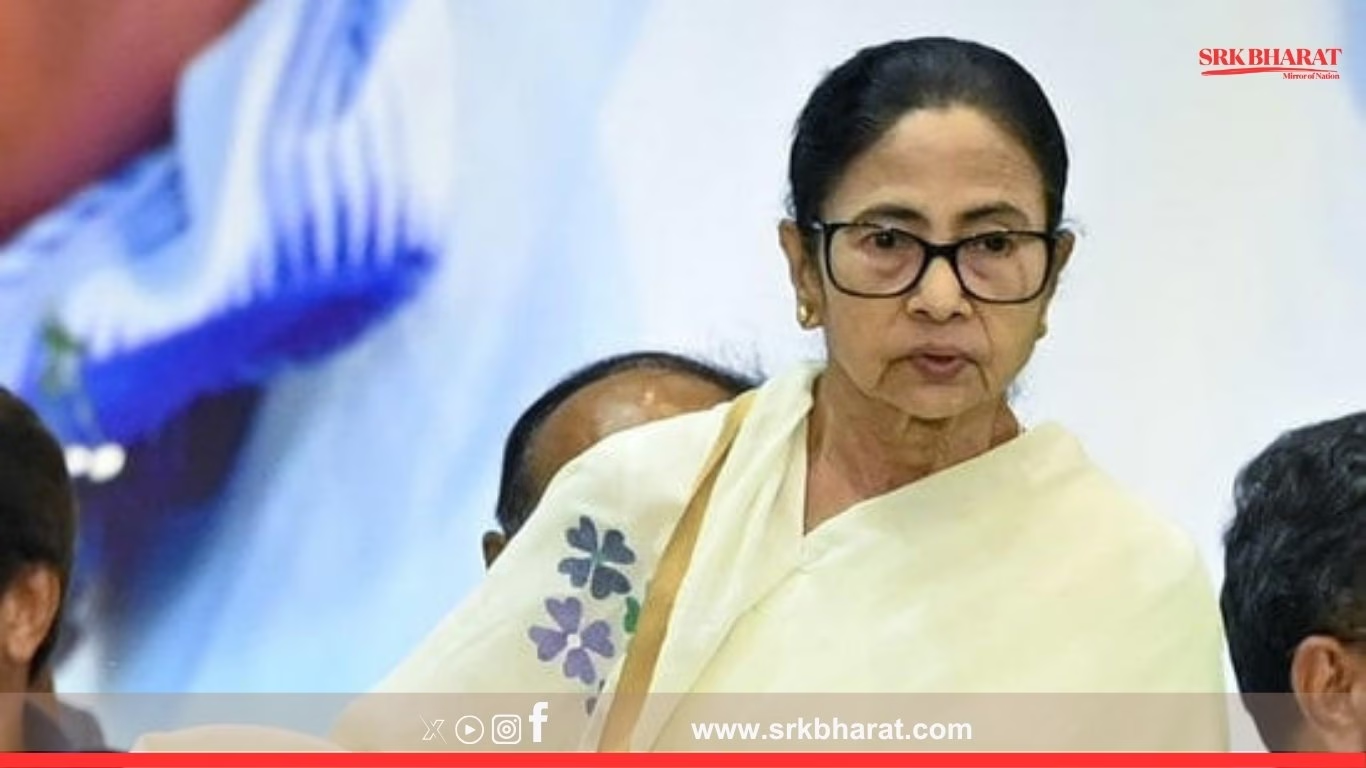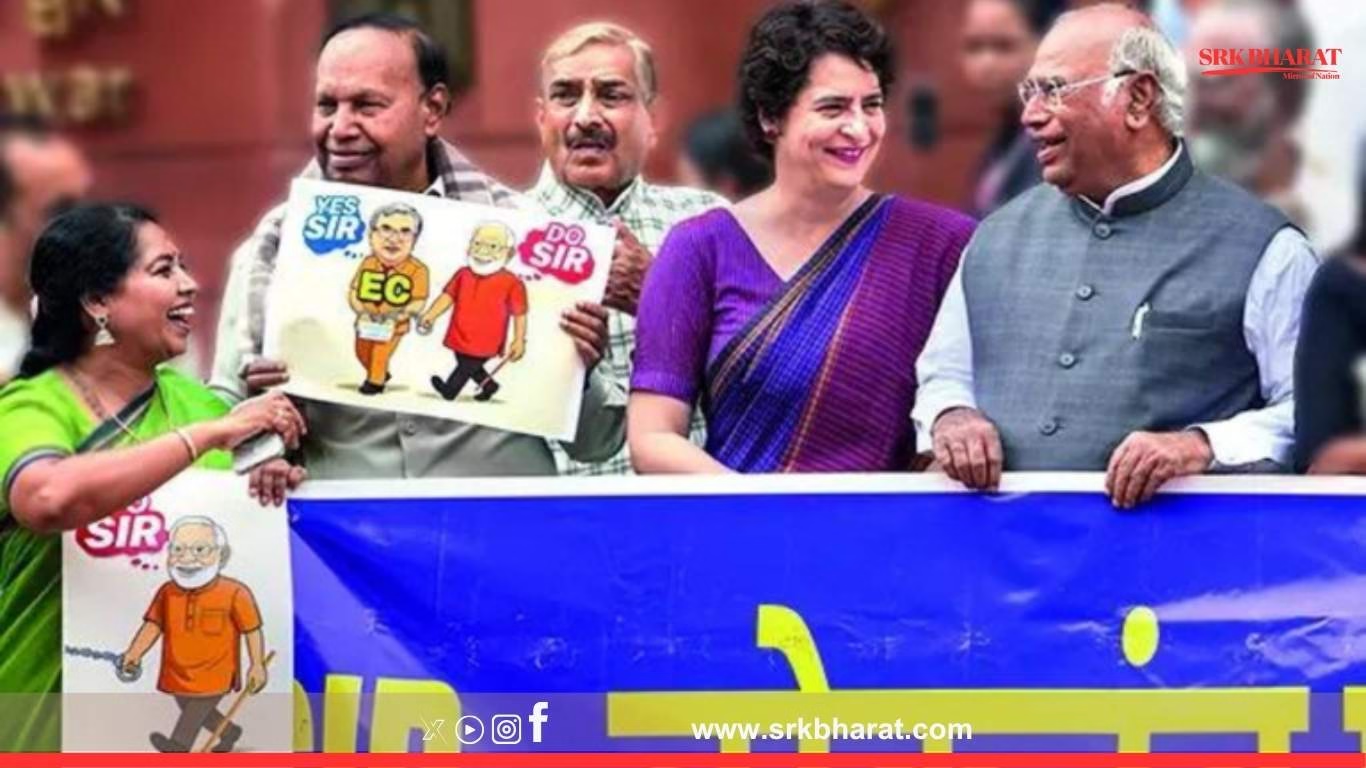The opposition AIADMK has levelled serious allegations against the DMK government in Tamil Nadu, accusing it of misusing Hindu Religious and Charitable Endowments (HR&CE) temple funds to build government colleges across the state. The charge has triggered a heated political and public debate on the legal, ethical, and religious implications of deploying temple resources for secular purposes.
AIADMK’s allegation against the Tamil Nadu government
On Monday, AIADMK leaders alleged that funds collected from devotees in temples under HR&CE administration were being diverted to construct colleges in various districts. Former minister and party organising secretary D. Jayakumar stated:
“Temple donations are meant for temple development, rituals, and welfare of devotees. Diverting these sacred funds for government projects amounts to betrayal of Hindu sentiments.”
He warned that the AIADMK would launch state-wide protests if the DMK continued such diversions without consulting stakeholders or framing a transparent policy framework.
Government’s response
The DMK government has denied any misuse, clarifying that funds were deployed within the legal provisions of the HR&CE Act, which allow temple funds to be used for educational and social welfare activities benefiting the public, especially economically weaker sections. Hindu Religious and Charitable Endowments Minister P.K. Sekar Babu said:
“We are using only surplus funds of temples, after fully meeting ritual, maintenance, and renovation requirements. These colleges will benefit lakhs of poor students, many of whom are devotees themselves.”
Context: Use of temple funds for social projects
Under Tamil Nadu HR&CE Act provisions, temple funds can be utilised for:
| Permitted uses under HR&CE Act | Examples in Tamil Nadu |
|---|---|
| Temple maintenance | Renovation of shrines, gopurams, tanks |
| Rituals and festivals | Annual utsavams, pujas, and special alankarams |
| Religious education | Veda patasala, agamic training schools |
| Social welfare | Schools, colleges, orphanages, hospitals (subject to conditions) |
Timeline of controversy
| Date | Event |
|---|---|
| June 2025 | Reports emerge of HR&CE allocating temple funds for colleges in Cuddalore and Ariyalur districts |
| Early July 2025 | AIADMK questions the allocation, demands a white paper on temple finances |
| July 9, 2025 | Former minister D. Jayakumar issues statement accusing DMK of “temple fund looting” |
| July 10, 2025 | HR&CE Minister defends the move, stating funds are used within legal provisions |
Opposition arguments
AIADMK leaders argue:
- Violation of donor intent: Devotees donate for temple purposes, not for government educational projects.
- Transparency concerns: Alleged absence of public disclosure on fund allocations and utilisation.
- Precedent risk: Fear that unrestricted diversion may reduce temple upkeep or compromise rituals if priorities shift.
Senior AIADMK spokesperson Kovai Sathyan warned:
“Temples are not revenue generating institutions for the state. They are sacred cultural and religious institutions.”
DMK’s counter argument
The government maintains that:
- Surplus funds are lying unused in many temples with large revenues.
- Social service is part of Sanatana Dharma, and education initiatives honour the spirit of charity.
- Precedents exist, with colleges and hospitals established from temple funds during previous regimes, including AIADMK-led governments.
Expert views
Legal scholars and policy experts are divided:
- Pro-utilisation viewpoint: Funds should be deployed for public welfare if temple rituals and maintenance are not compromised. Education is among the highest dharmic priorities, they argue.
- Strict interpretation viewpoint: Funds should be restricted to direct religious or temple community purposes to uphold donor trust and constitutional secularism boundaries.
Senior constitutional law expert S.R. Parameswaran noted:
“The courts have upheld temple fund use for secular welfare only under strict compliance with HR&CE Act conditions, ensuring that temple needs remain paramount.”
Public reactions
The public response remains mixed:
- Hindu religious groups: Expressed concern that temple autonomy is being eroded by state appropriation.
- Student organisations and backward class welfare groups: Welcomed the move, citing lack of colleges in rural districts and the long-standing role of temples in community education in Indian history.
Political ramifications
The AIADMK plans to raise the issue in the upcoming assembly session, seeking:
- A detailed white paper on HR&CE finances.
- An independent audit of temple fund allocations in the last three years.
- Assurance that rituals, priests’ welfare, and temple staff salaries are fully secured before surplus usage.
DMK sources indicate that the government will table detailed expenditure reports in the assembly to counter the allegations.
Future of temple fund utilisation policy
The controversy has revived a broader debate on:
| Issue | Debate points |
|---|---|
| Autonomy of temples | Should temples manage funds independently or remain under HR&CE control? |
| Secular vs religious spending | Can temple funds be used for purely secular state projects? |
| Governance transparency | Should annual temple accounts be made public and debated in the assembly? |
Conclusion
As Tamil Nadu gears up for the upcoming local body elections and 2026 assembly polls, AIADMK’s allegations may galvanise temple management and Hindu religious organisations. The DMK, meanwhile, is likely to continue championing educational investments as a welfare agenda. Whether temple funds can legally or ethically be diverted for secular public infrastructure without comprehensive stakeholder consultation remains at the heart of this intensifying political storm.
Disclaimer
This article is based on statements from AIADMK and DMK leaders, official government responses, and public domain legal analysis. Final judicial or policy interpretations may evolve based on legislative debates, court rulings, or HR&CE administrative clarifications in coming months. Readers are advised to follow official announcements for updated positions.

